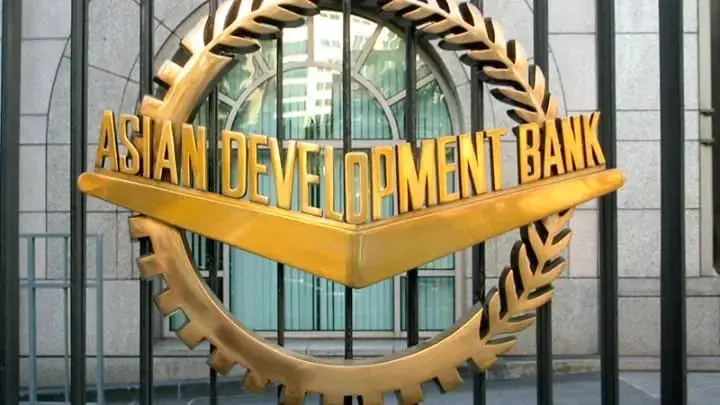ADB Approves $600 Million Loan to Bangladesh for Economic Reforms
The Asian Development Bank (ADB) has approved a $600 million policy-based loan (PBL) to Bangladesh to implement structural reforms aimed at improving economic management and governance. This package will focus on increasing domestic resource mobilization, enhancing the efficiency of public investments, promoting private sector development, and fostering transparency and accountability. “ADB’s PBL promptly responds to Bangladesh’s immediate development financing needs following the political transition. The reforms target improvements in economic management and governance as well as economic diversification and competitiveness,” said ADB Regional Lead Economist Aminur Rahman. With one of the world’s lowest tax-to-GDP ratios at 7.4%, Bangladesh faces significant revenue mobilization challenges. This program seeks to address them through key policy actions such as digitalization, rationalization of tax incentives, and measures to enhance taxpayer morale. The loan will also prioritize public investment efficiency through increased digitalization and promote private sector growth by streamlining regulations and creating a level playing field. The initiative includes over 130 online integrated services to simplify business operations and enhance foreign direct investment processes. Reforming state-owned enterprises and advancing governance performance monitoring are central to the program. Additionally, it emphasizes “whole of government” logistics reforms to reduce trade costs and encourage export diversification, critical for sustainable economic growth. ADB’s efforts align with its broader mission of fostering a prosperous, inclusive, resilient, and sustainable Asia and the Pacific. Established in 1966, ADB is owned by 69 members, 49 of which are from the region, and remains committed to eradicating extreme poverty across Asia. This financial support underscores ADB’s collaboration with the International Monetary Fund, World Bank, and other development partners to drive economic transformation in Bangladesh. Source: ADB Org. Photo Credit: ADB Org.
ADB Approves $600 Million Loan to Bangladesh for Economic Reforms Read More »


